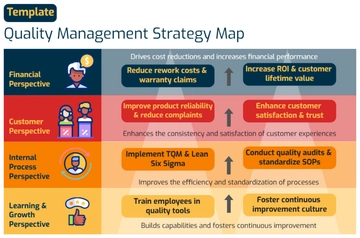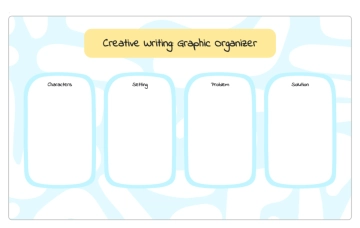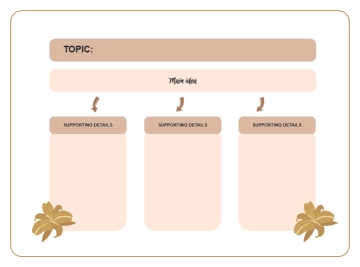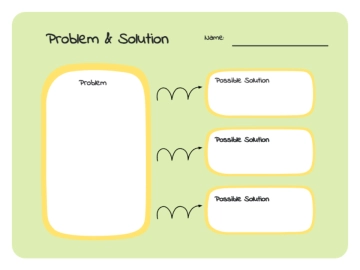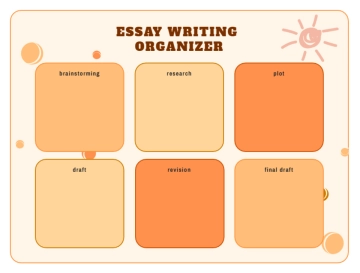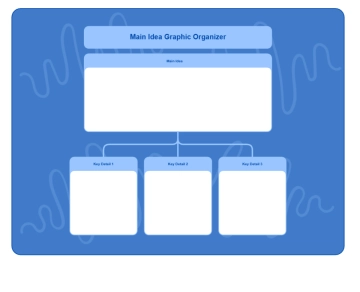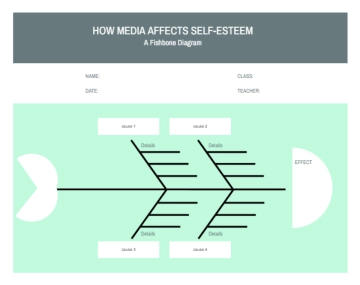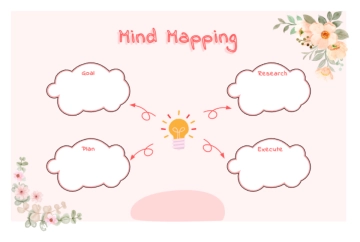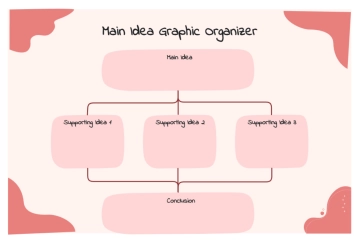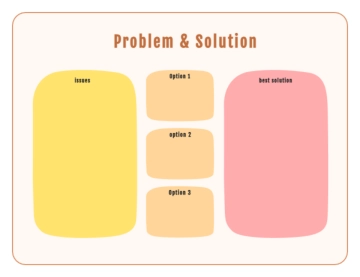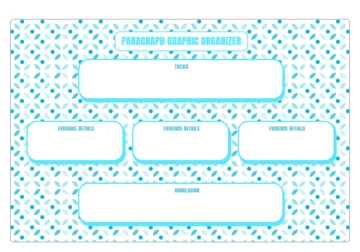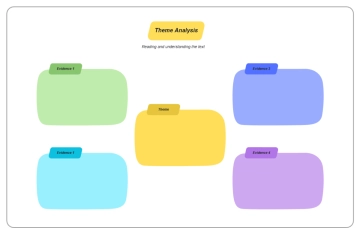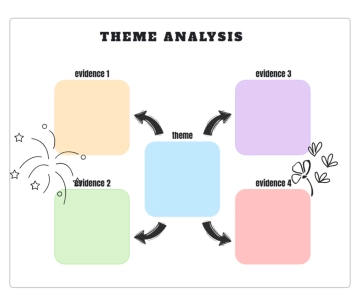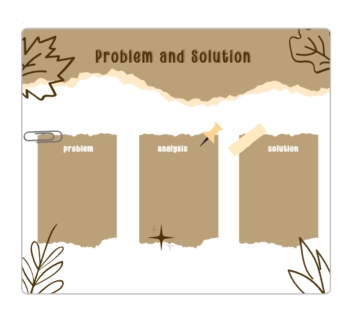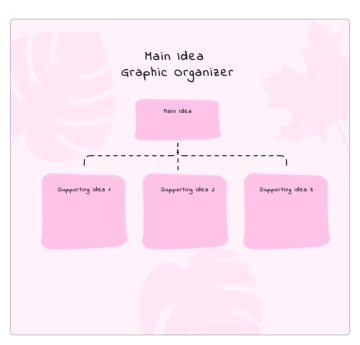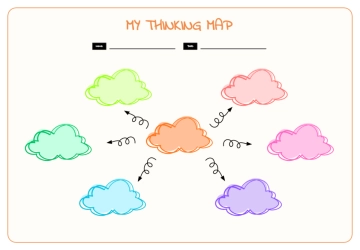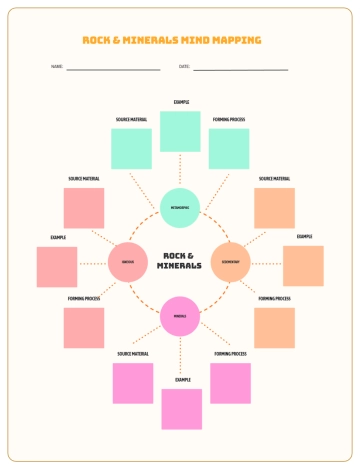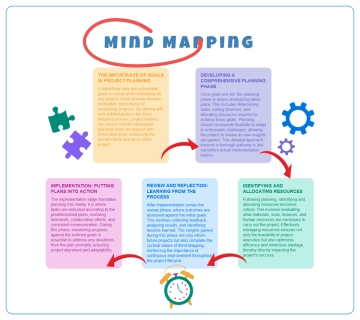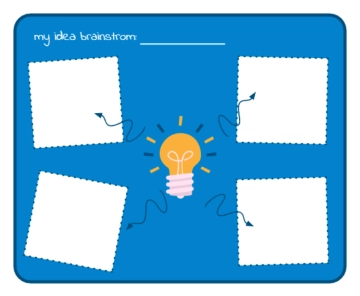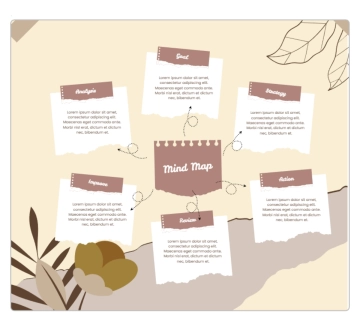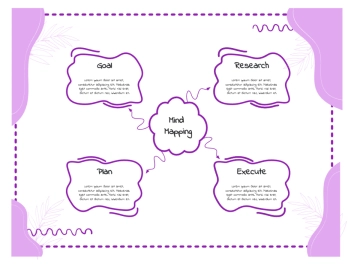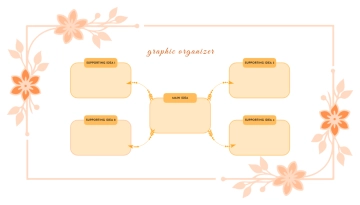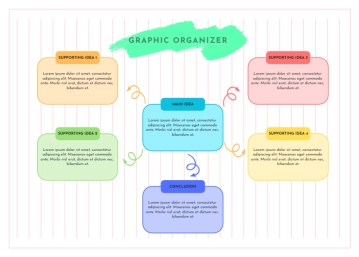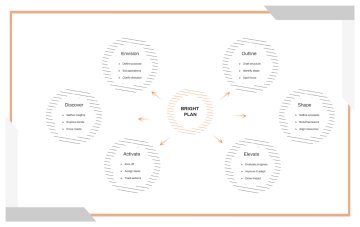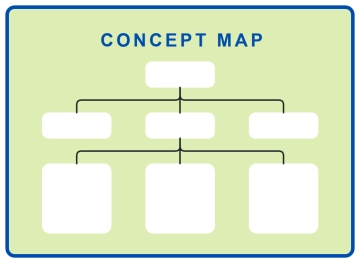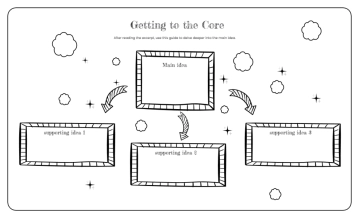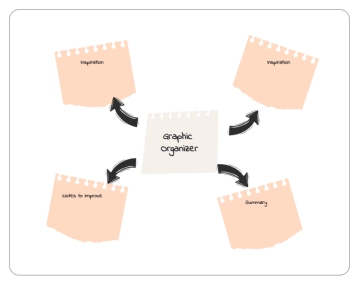Free Corporate Daycare Business Strategy Plan
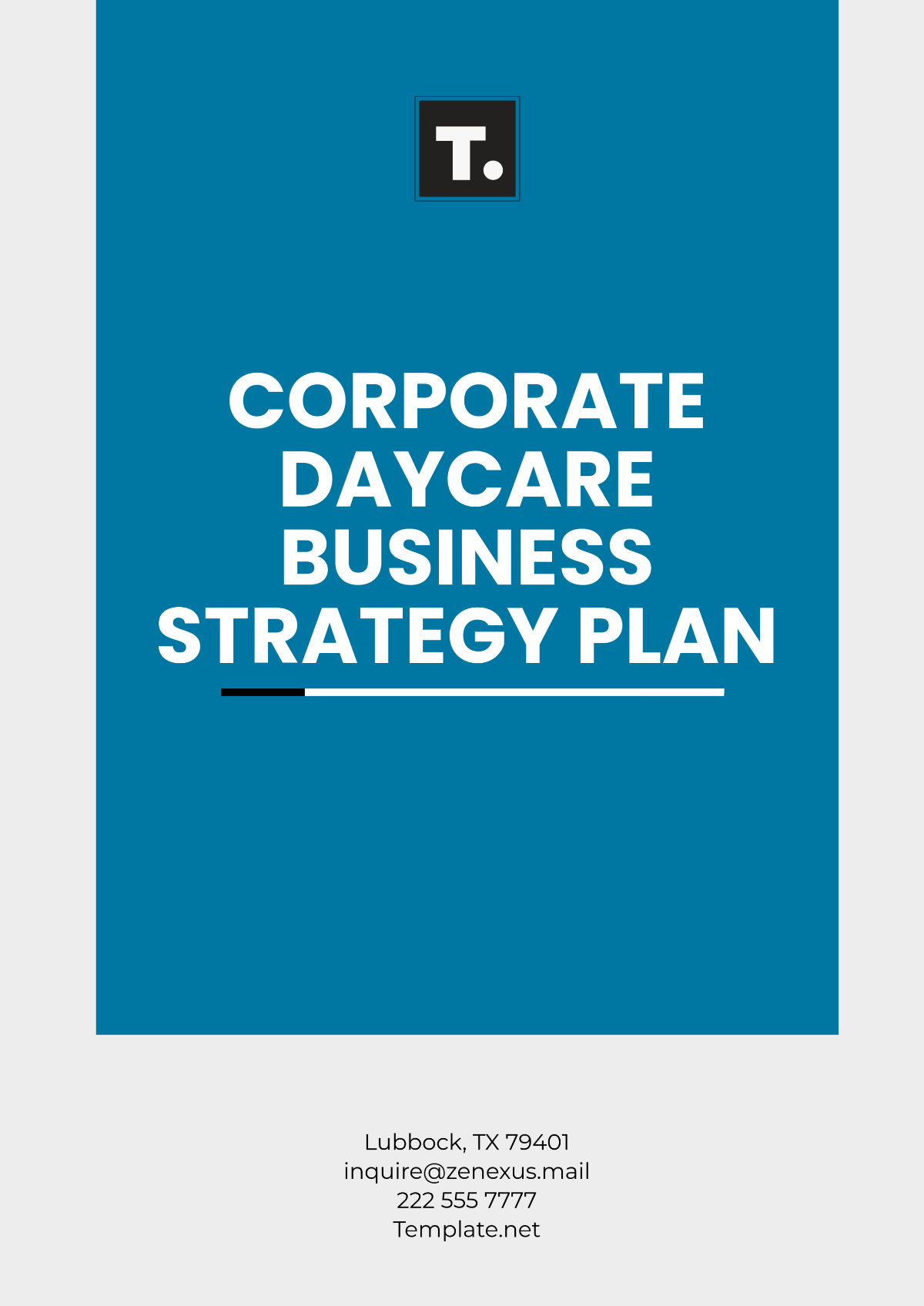
Prepared by:
[Your Name]
[Your Company Name]
Executive Summary
This Corporate Daycare Business Strategy Plan outlines the development and operational framework for establishing an on-site daycare service for employees at [Your Company Name]. This initiative aims to provide a reliable and affordable childcare solution, fostering a supportive environment for working parents. The plan includes details on the daycare’s structure, financial projections, staffing, and compliance with legal and safety standards, contributing to the company’s broader objectives of enhancing employee satisfaction, retention, and productivity.
Objectives
To establish an on-site daycare facility for employees’ children aged 0-5 years.
To create a welcoming and safe environment for children, adhering to all legal regulations.
To support working parents, reducing absenteeism and improving employee retention.
To enhance the company’s reputation as a family-friendly employer.
Market Analysis
Target Market
The daycare facility will primarily serve [Your Company Name]'s employees with children. The target demographic includes working parents in need of reliable, cost-effective childcare solutions. We will focus on employees with young children (ages 0-5), particularly those who are returning from parental leave or who face challenges finding local daycare options.
Competitive Landscape
While there are external daycare providers in the area, the corporate daycare model offers the advantage of proximity to the workplace, flexible hours, and a higher level of trust between parents and the employer. The facility will cater specifically to the needs of working parents by offering extended hours and seamless integration with the company’s work culture.
Services Offered
The daycare will provide the following services:
Full-time and Part-time Care: Flexible care options to accommodate various work schedules.
Infant and Toddler Care: Specialized care for younger children (0-3 years).
Preschool Programs: Educational activities and early childhood learning for children aged 3-5 years.
Emergency Care: Short-term care is available for unexpected situations when regular childcare falls through.
After-School Care: For employees with school-age children.
Operational Plan
Location and Facilities
The daycare will be housed in a dedicated space within [Your Company Name]'s premises. The facility will be designed with safety and comfort in mind, featuring child-friendly furniture, play areas, nap zones, and age-appropriate educational materials. The space will comply with all health and safety regulations and will be regularly inspected by certified authorities.
Staffing
The daycare will employ qualified and experienced childcare providers, including:
Daycare Director: Responsible for overseeing the overall operations and managing the team.
Childcare Educators: Trained caregivers who provide daily care and early childhood education.
Support Staff: To assist with administrative tasks, meal preparation, and facility maintenance.
All staff will be required to undergo background checks and adhere to safety protocols to ensure the well-being of the children.
Hours of Operation
The daycare facility will operate during standard working hours, with extended hours available for employees with late shifts. The specific operating hours will be tailored to the needs of the workforce and may include options for weekend care if demand arises.
Financial Plan
Budget and Funding
The initial investment for establishing the daycare facility will include:
Facility Setup: Renovations, furniture, and safety equipment.
Staffing Costs: Salaries and benefits for daycare staff.
Operational Costs: Ongoing expenses for supplies, utilities, food, and maintenance.
The company will allocate a portion of its employee benefits budget to fund the initial setup and ongoing operations of the daycare. Revenue may be generated through employee contributions or subsidized fees to ensure that the service remains affordable.
Financial Projections
Year 1: Initial investment and operational costs covered by the company, with an estimated break-even point by the end of the first year.
Year 2-3: Anticipated growth in enrollment, with the daycare achieving a self-sustaining financial model.
Year 4 and Beyond: Potential for expansion if demand exceeds current capacity, leading to additional revenue generation through employee fees or corporate partnerships.
Legal and Compliance Considerations
The daycare facility will comply with all local and national regulations, including health and safety standards, licensing requirements, and child-to-caregiver ratios. The company will work with legal advisors to ensure all policies and practices are in line with industry standards and applicable laws.
Marketing and Employee Engagement
To ensure maximum utilization of the daycare facility, [Your Company Name] will engage employees through:
Internal Communications: Announcements via email, intranet, and company meetings to inform employees about the new service.
Employee Surveys: Gathering feedback to assess demand and preferences, helping to refine the daycare’s offerings.
Incentives: Offering discounted or subsidized daycare services as part of the company’s overall benefits package.
Conclusion
The Corporate Daycare Business Strategy Plan outlines a comprehensive approach to providing on-site childcare services for employees, aligning with [Your Company Name]'s broader goals of improving employee satisfaction and retention. By investing in this initiative, the company will foster a family-friendly workplace that supports working parents and contributes to a positive company culture.
- 100% Customizable, free editor
- Access 1 Million+ Templates, photo’s & graphics
- Download or share as a template
- Click and replace photos, graphics, text, backgrounds
- Resize, crop, AI write & more
- Access advanced editor
The Corporate Daycare Business Strategy Plan Template from Template.net is fully editable and customizable, designed to help you craft a strategic plan for your corporate daycare. With sections for operations, goals, and financial planning, you can adjust every detail to fit your business needs. Editable in our AI Editor Tool, it ensures a smooth and professional experience.
You may also like
- Finance Plan
- Construction Plan
- Sales Plan
- Development Plan
- Career Plan
- Budget Plan
- HR Plan
- Education Plan
- Transition Plan
- Work Plan
- Training Plan
- Communication Plan
- Operation Plan
- Health And Safety Plan
- Strategy Plan
- Professional Development Plan
- Advertising Plan
- Risk Management Plan
- Restaurant Plan
- School Plan
- Nursing Home Patient Care Plan
- Nursing Care Plan
- Plan Event
- Startup Plan
- Social Media Plan
- Staffing Plan
- Annual Plan
- Content Plan
- Payment Plan
- Implementation Plan
- Hotel Plan
- Workout Plan
- Accounting Plan
- Campaign Plan
- Essay Plan
- 30 60 90 Day Plan
- Research Plan
- Recruitment Plan
- 90 Day Plan
- Quarterly Plan
- Emergency Plan
- 5 Year Plan
- Gym Plan
- Personal Plan
- IT and Software Plan
- Treatment Plan
- Real Estate Plan
- Law Firm Plan
- Healthcare Plan
- Improvement Plan
- Media Plan
- 5 Year Business Plan
- Learning Plan
- Marketing Campaign Plan
- Travel Agency Plan
- Cleaning Services Plan
- Interior Design Plan
- Performance Plan
- PR Plan
- Birth Plan
- Life Plan
- SEO Plan
- Disaster Recovery Plan
- Continuity Plan
- Launch Plan
- Legal Plan
- Behavior Plan
- Performance Improvement Plan
- Salon Plan
- Security Plan
- Security Management Plan
- Employee Development Plan
- Quality Plan
- Service Improvement Plan
- Growth Plan
- Incident Response Plan
- Basketball Plan
- Emergency Action Plan
- Product Launch Plan
- Spa Plan
- Employee Training Plan
- Data Analysis Plan
- Employee Action Plan
- Territory Plan
- Audit Plan
- Classroom Plan
- Activity Plan
- Parenting Plan
- Care Plan
- Project Execution Plan
- Exercise Plan
- Internship Plan
- Software Development Plan
- Continuous Improvement Plan
- Leave Plan
- 90 Day Sales Plan
- Advertising Agency Plan
- Employee Transition Plan
- Smart Action Plan
- Workplace Safety Plan
- Behavior Change Plan
- Contingency Plan
- Continuity of Operations Plan
- Health Plan
- Quality Control Plan
- Self Plan
- Sports Development Plan
- Change Management Plan
- Ecommerce Plan
- Personal Financial Plan
- Process Improvement Plan
- 30-60-90 Day Sales Plan
- Crisis Management Plan
- Engagement Plan
- Execution Plan
- Pandemic Plan
- Quality Assurance Plan
- Service Continuity Plan
- Agile Project Plan
- Fundraising Plan
- Job Transition Plan
- Asset Maintenance Plan
- Maintenance Plan
- Software Test Plan
- Staff Training and Development Plan
- 3 Year Plan
- Brand Activation Plan
- Release Plan
- Resource Plan
- Risk Mitigation Plan
- Teacher Plan
- 30 60 90 Day Plan for New Manager
- Food Safety Plan
- Food Truck Plan
- Hiring Plan
- Quality Management Plan
- Wellness Plan
- Behavior Intervention Plan
- Bonus Plan
- Investment Plan
- Maternity Leave Plan
- Pandemic Response Plan
- Succession Planning
- Coaching Plan
- Configuration Management Plan
- Remote Work Plan
- Self Care Plan
- Teaching Plan
- 100-Day Plan
- HACCP Plan
- Student Plan
- Sustainability Plan
- 30 60 90 Day Plan for Interview
- Access Plan
- Site Specific Safety Plan
